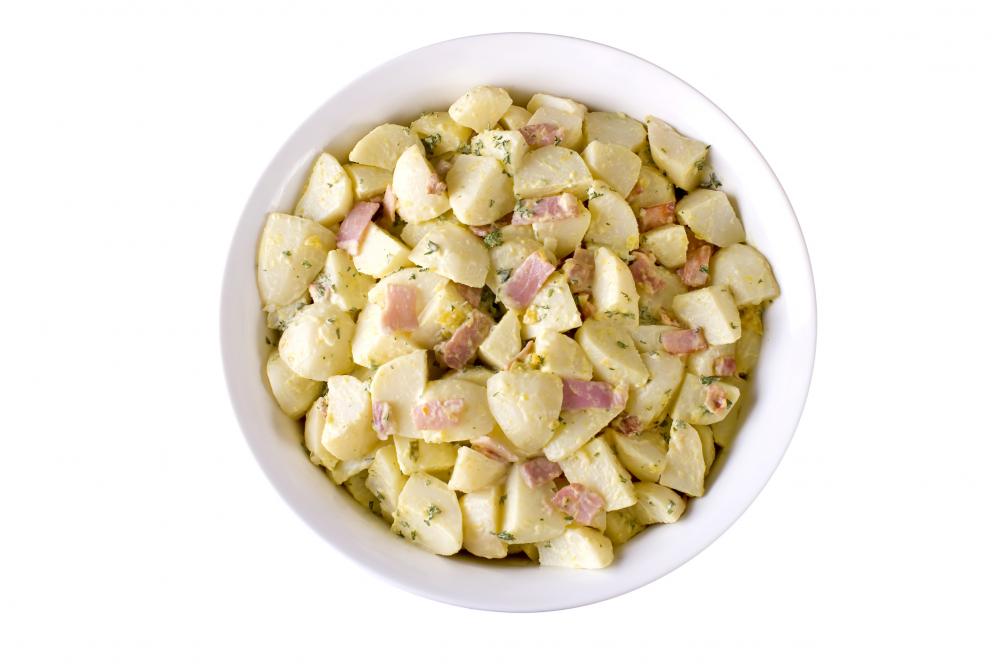2 min Read
Let's not talk turkey this Thanksgiving. Let's talk side dishes!
For millennia, autumn "harvest festivals" were a time of thanksgiving, whether capital-T or not. Their message was that even with the best efforts of farmers and thousands of years of human experience, a decent crop was never a sure thing. When one came in, there was something to be thankful for.
That hasn't really changed. Although we have made tremendous strides in agricultural science, many challenges remain, and new ones arise—many of the latter the product of climate change.
Rising temperatures impose new challenges on the cultivation of crops developed in a cooler world. A drier climate also increases the challenges farmers face. And insects, fungi and other pests also evolve in ways that crops aren't prepared to deal with, and farmers don't have a handle on yet.
The good news is that science is poised for the next big step in agricultural production. With our improved high-tech knowledge of plant genomes, we can now "edit" the genes of existing crops to make them more resistant to heat, more productive in a drier climate, and more resistant to pests without recourse to environmentally risky pesticides.
Take the case of buttery mashed potatoes alongside the turkey this year. For decades, well-meaning consumers without much experience down on the farm have been examining their peeled spuds with care—and often tossing out the ones with brown discoloration on grounds of suspicion of spoilage.
Poor potato! There's nothing actually wrong with or dangerous about such common discoloration. These spuds will be just as delicious and nutritious as their unblemished cousins.
But most people don't know that, and likely will persist in past practice of erring on the side of caution.
Science, however, has a solution. With gene editing, a potato that consistently looks as good as it tastes free of discoloration, is perfectly possible. Such a variety could reduce misplaced crop waste by tons and tons each Thanksgiving.
Sweet potatoes, anyone? Loaded with nutrients and antioxidants, they are now a favorite "superfood" among nutritionists and mindful eaters. You may want to skip the traditional Thanksgiving version with melted marshmallows.
But you will appreciate the ability of gene editing to reduce the vulnerability of sweet potatoes to weevils and other pests. Once again, CRISPR technology can reduce spoilage and costs while increasing yields.
Perhaps this Thanksgiving is a good time to step back and think about what makes our current conditions of abundance possible. It's a cornucopia of scientific advance, whether from old-fashioned trial-and-error or state of the art genetic sequencing and editing.
So, this Thanksgiving, let's give thanks for better tasting apples, more succulent and robust green beans, cranberries that don't spoil on the supermarket shelf, and potatoes that don't turn brown—or get pre-eaten by pests.

